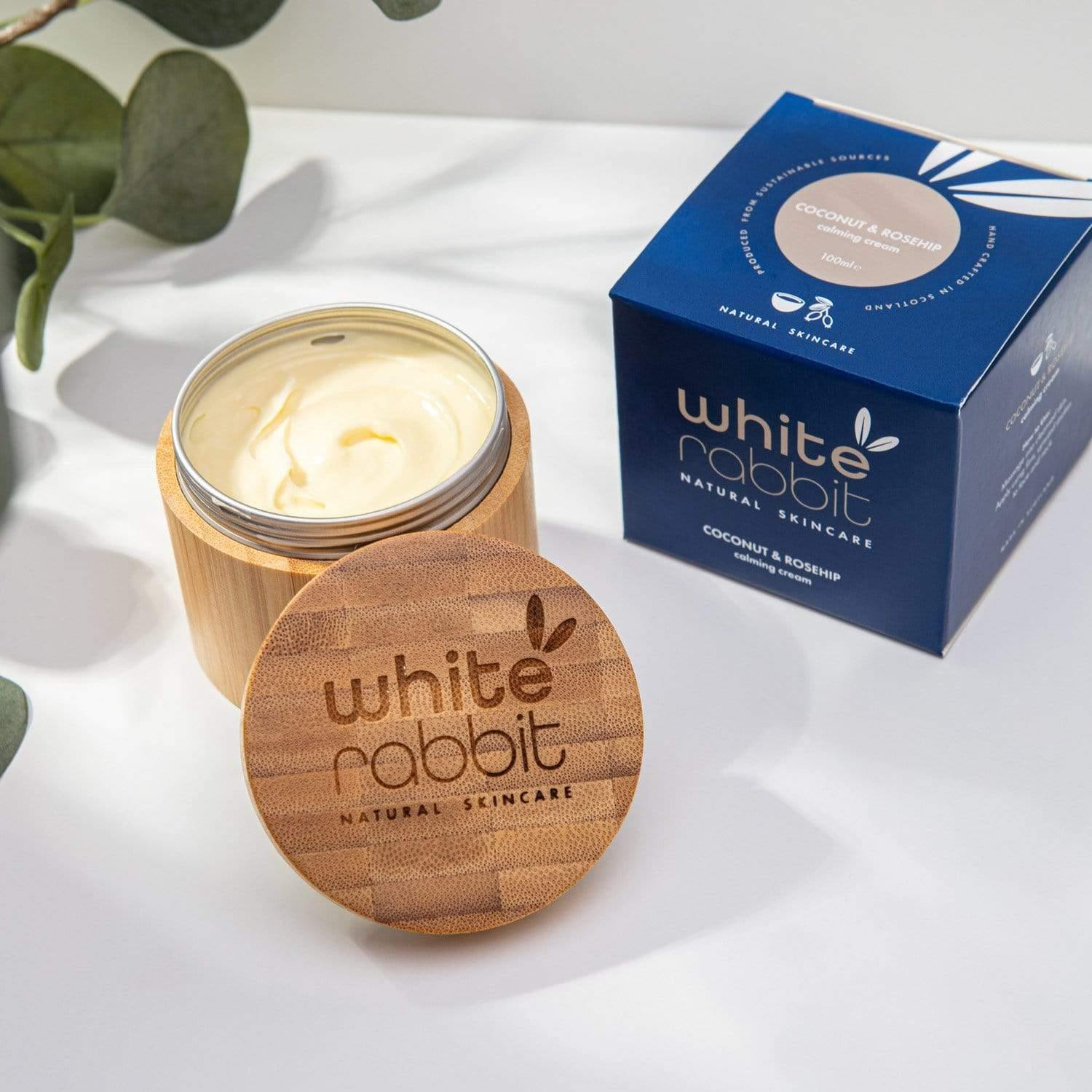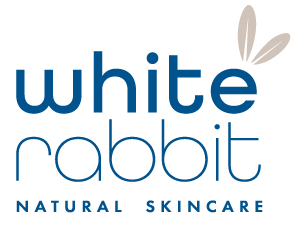
Supplements - do we need them?
One common concern (or rather misunderstanding) about vegan/vegetarian/plant-based diets is that they may not be providing you with enough vitamins and minerals your body needs, when in actual fact eating a whole food (we mean beans, vegetables, fruits, nuts and so on - not junk food!) diet can easily meet these requirements.
For example, did you know that per calorie, broccoli has been proven to have more protein than beef; around 4.5g per 30 calories? Moreover, these 'wee trees' are also packed with amino acids, fibre, Vitamin B6 and is one of the best vegetables linked to fighting cancer?
Any diet/lifestyle can always benefit from a helping hand in terms of additional vitamins and minerals - here's some key supplements*:
- Vitamin B12 - Vitamin B12 is important for many bodily processes, including protein metabolism and the formation of oxygen-transporting red blood cells. It also plays a crucial role in the health of your nervous system. Too little vitamin B12 can lead to anaemia and nervous system damage, as well as infertility, bone disease and heart disease, and the only scientifically proven way for vegans to reach the recommended daily levels is by consuming B12-fortified foods (which commonly include plant milks, soy products, breakfast cereals and nutritional yeast) or taking a vitamin B12 supplement.
- Vitamin D - a fat-soluble vitamin that helps enhance the absorption of calcium and phosphorus from your gut, Vitamin D also influences many other bodily processes, including immune function, mood, memory and muscle recovery. Very unfortunately very few foods naturally contain Vitamin D, and fortified foods are often considered insufficient to satisfy daily requirements, making it a problem for veggies and omnivores alike. Those unable to maintain levels through fortified foods and exposure to sunshine (in limited doses to avoid sun damage) should consider a supplement such as those from Viridian.
-
Long Chain Omega 3's - Omega Fatty Acids can be split into two categories: Essential omega-3 fatty acids: Alpha-linolenic acid (ALA) is the only essential omega-3 fatty acid, meaning you can only get it from your diet. Long-chain omega-3 fatty acids: This category includes eicosapentaenoic acid (EPA) and docosahexaenoic acid (DHA). They are not technically considered essential because your body can make them from ALA.
Long-chain omega-3 fatty acids play a structural role in your brain and eyes. Adequate dietary levels also seem important for brain development and preventing inflammation, depression, breast cancer and ADHD.Plants with a high ALA content include flaxseeds, chia seeds, walnuts, hemp seeds and soybeans. EPA and DHA are mostly found in animal products such as fatty fish and fish oil.
-
Iodine - Getting enough iodine is crucial for healthy thyroid function, which controls your metabolism, and insufficient iodine intake can lead to hypothyroidism. This can cause symptoms such as low energy levels, dry skin, tingling in hands and feet, forgetfulness, depression and weight gain. Iodine levels in plant foods depend on the iodine content of the soil. For instance, food grown close to the ocean tends to be higher in iodine - such as seaweed. To meet your daily needs, consider taking iodised salt or seaweed flakes with your meals, or again, taking it as a supplement.
- Iron - Iron is a nutrient used to make new DNA and red blood cells, as well as carry oxygen in the blood and is also needed for energy metabolism. Too little iron can lead to anaemia and symptoms such as fatigue and decreased immune function. Make sure to eat iron rice and fortified foodstuffs such as cruciferous vegetables, beans, peas, dried fruit, nuts, seeds, cereals, enriched breads and some plant milk. Also, using cast-iron pots and pans to cook (who'd have thought, eh?) , avoiding tea or coffee with meals and combining iron-rich foods with a source of vitamin C can help boost iron absorption. Unnecessary intake of supplements such as iron can do more harm than good by damaging cells or blocking the absorption of other minerals from your gut, therefore the best way to determine whether supplements are necessary is to get your hemoglobin and ferritin levels checked by your doctor.
- Calcium - Calcium is a mineral necessary for bone and teeth, and plays a role in muscle function, nerve signaling and heart health. Plant sources include bok choy, kale, mustard greens, turnip greens, watercress, broccoli, chickpeas, calcium-set tofu and fortified plant milks or juices, as well as supplements.
-
Zinc - Zinc is a mineral crucial for metabolism, immune function and the repair of body cells, and an insufficient intake of zinc can lead to developmental problems, hair loss, diarrhoea and delayed wound healing.
To maximize your intake, eat a variety of zinc-rich foods throughout the day. These include whole grains, wheat germ, tofu, sprouted breads, legumes, nuts and seeds. Soaking nuts, seeds and legumes overnight, eating enough protein and consuming fermented foods such as tempeh and miso also seems to boost absorption.


